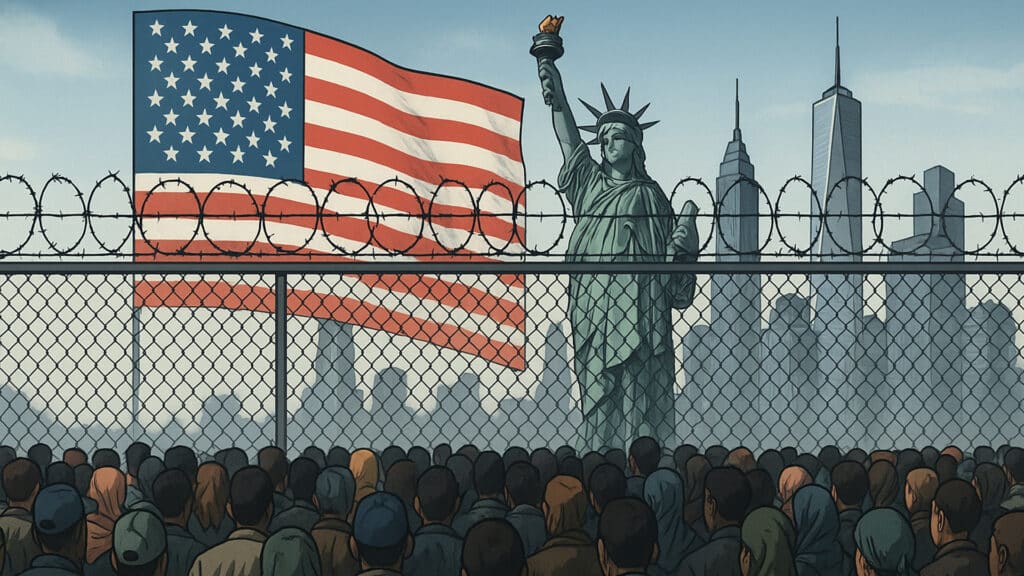US travel ban targets Turkmenistan and Afghanistan amid regional trade push

President Donald Trump on Wednesday signed a proclamation banning travel to the United States from 12 countries, citing national security concerns. The list includes Afghanistan and Turkmenistan — two nations with growing ties to Central Asia and, notably, to Kazakhstan.
The travel ban, announced in the wake of a deadly antisemitic attack in Boulder, Colorado, will fully block entry for nationals from countries identified as lacking sufficient security cooperation with the US. Seven additional countries, including Turkmenistan and Venezuela, face partial restrictions.
«These commonsense restrictions are country-specific,» said White House deputy press secretary Abigail Jackson, «and include places that lack proper vetting, exhibit high visa overstay rates, or fail to share identity and threat information.»
Exceptions apply to lawful permanent residents, current visa holders, certain visa categories, and individuals whose entry is deemed to support US national interests.
Among the countries named in the proclamation, both Afghanistan and Turkmenistan are playing increasingly strategic roles in Central Asia’s economic landscape. Their growing importance comes amid ongoing regional cooperation efforts focused on energy and trade, as Central Asian nations expand ties with both to secure new markets and partnerships.
Kazakhstan eyes gas development and trade routes
In April, Kazakhstan announced its intention to participate in the development of Turkmenistan’s massive Galkynysh gas field — one of the largest in the world. The project could boost regional energy independence and open a new source of gas exports to Asian markets.
Separately, Kazakhstan, Turkmenistan and Afghanistan have agreed to create a joint logistics hub to facilitate trade with South Asia. The hub, planned along the Turkmen-Afghan border, is expected to improve access to ports and reduce transport costs for goods moving between Central and South Asia.
Kazakhstan has also been strengthening its bilateral relationship with Afghanistan. In late April, the Kazakh government announced plans to expand its commercial presence in the country, particularly in agriculture, logistics, and consumer goods.
President Kassym-Jomart Tokayev reinforced this direction during the Astana International Forum 2025, calling for deeper political and trade engagement with Afghanistan. His administration views economic cooperation with the country as a strategic opportunity, despite international concerns about governance and security under the Taliban.

